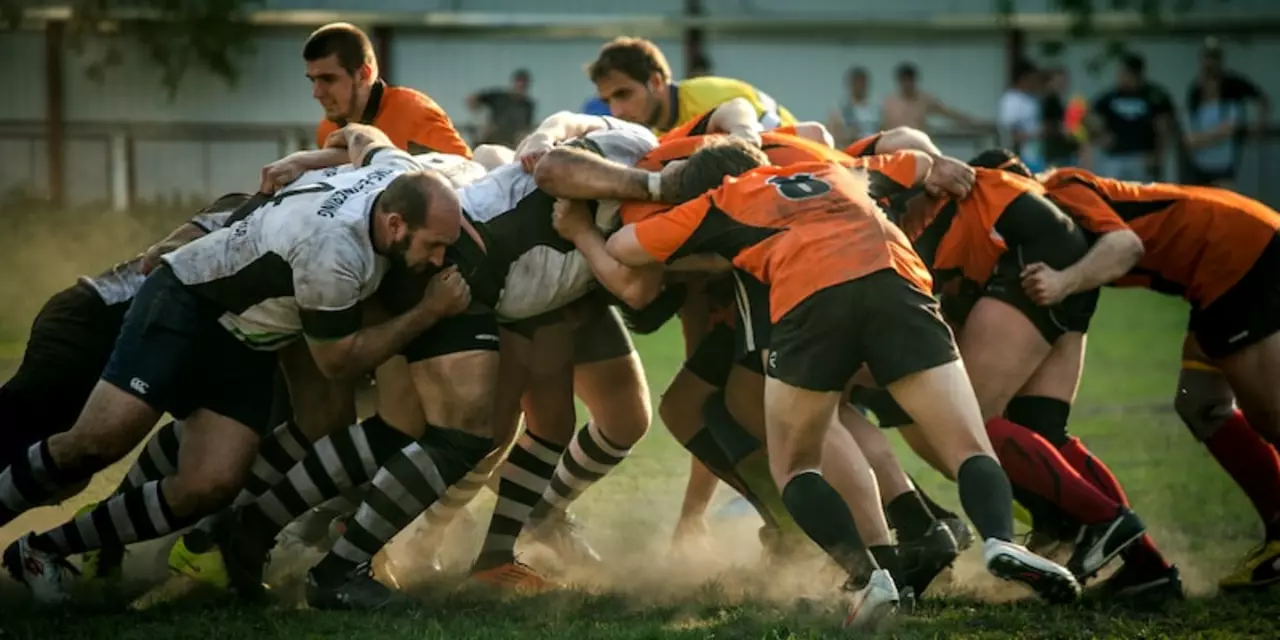Sports Team Names – When Teams Share the Same Name
Ever noticed two teams from different sports carrying the exact same name? It’s more common than you think, and it can be both confusing and fascinating. Below, we break down why this happens and point out some of the most well‑known pairings.
Why Teams End Up With Identical Names
Most team names start with a local mascot, a city identifier, or a word that sounds strong. When a new franchise pops up, the owners often look for a name that already feels familiar to fans. If the original name has a solid brand, borrowing it can help the new team attract attention fast.
Sometimes a name isn’t even a nickname at all – it’s a trademark owned by the city or a sponsor. In those cases, different leagues can legally use the same title without stepping on each other’s toes. That’s why you’ll see the New York Yankees in both Major League Baseball and the same‑named basketball franchise from the past.
Famous Pairings Across Leagues
Here are a few standout examples that illustrate the trend:
- New York Yankees – The baseball legends and a short‑lived basketball team in the American Basketball Association both carried the Yankees name, banking on New York’s iconic brand.
- Toronto Maple Leafs – The NHL’s storied hockey club shares its name with a former soccer team in the Canadian Soccer League, both nodding to the city’s famous tree.
- Los Angeles Lakers – While the NBA’s Lakers dominate the court, a women’s professional league once used the same name for its team, tying the brand to the city’s sports culture.
- Montreal Expos – Before they moved and became the Washington Nationals, the Expos name was used by a minor‑league baseball team in a different city, showing how a name can travel.
These overlaps can create fun trivia moments, especially when fans of one sport stumble upon another team that shares the name. It also sparks conversation about branding decisions and regional pride.
For coaches and marketers, the lesson is clear: a strong name can be a double‑edged sword. It offers instant recognition, but it can also lead to mix‑ups if not handled carefully. That’s why many new franchises now lean toward unique names or mash‑ups that set them apart while still resonating locally.
If you’re hunting for a new team name, ask yourself three quick questions: Does it reflect the city or region? Is it easy to pronounce and remember? And most importantly, is it already taken in another major league? A quick search can save you a lot of headaches later.
Whether you’re a fan, a player, or someone thinking about starting a local club, understanding the world of duplicate team names helps you appreciate the history and strategy behind the branding you see on jerseys and scoreboards every day.
